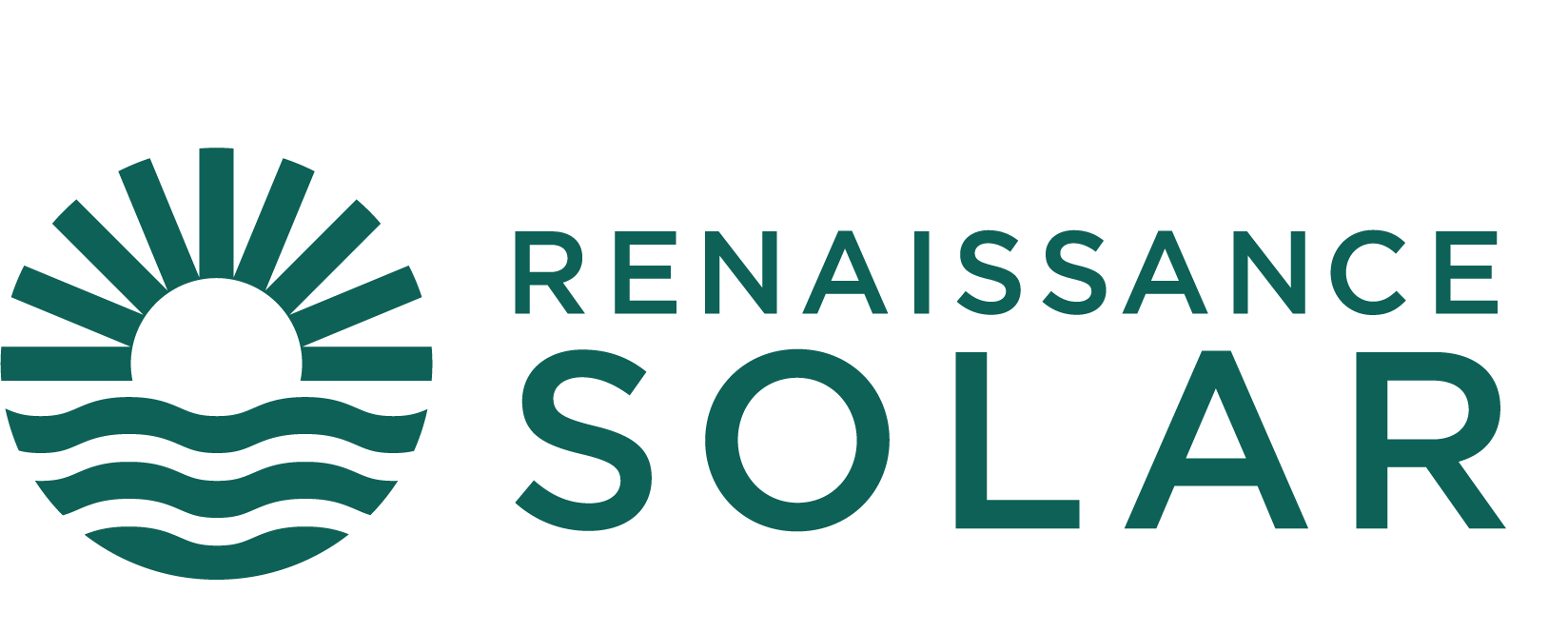As the world increasingly embraces renewable energy, photovoltaic (PV) solar systems have emerged as a reliable and sustainable source of power. These systems consist of various components working harmoniously to convert sunlight into usable electricity. Among these components, the inverter plays a crucial role in optimizing the performance of the entire solar installation. In this article, we will delve into the importance of inverter efficiency and its impact on the overall effectiveness of PV solar systems.
Understanding Inverter Efficiency
Before we dive into the intricacies of inverter efficiency, let’s briefly revisit the basic functionality of a PV solar system. Solar panels generate direct current (DC) electricity from sunlight. However, most appliances and the power grid operate on alternating current (AC). This is where the inverter comes in. Its primary function is to convert the DC electricity produced by the solar panels into AC electricity, suitable for use within homes and businesses.
Inverter efficiency refers to the ratio of AC output power to the DC input power, expressed as a percentage. Put simply, it measures how effectively the inverter converts the available solar energy into usable electricity. Higher efficiency translates to greater power output and maximizes the system’s overall performance.
Why Inverter Efficiency Matters
- Optimal Power Harvesting: Inverter efficiency directly impacts the amount of electricity your PV solar system can generate. By selecting an efficient inverter, you ensure that the maximum potential power from your solar panels is converted and utilized effectively, resulting in higher energy yields.
- Financial Benefits: A highly efficient inverter can significantly impact your energy savings and return on investment. With an efficient inverter, more of the solar energy is converted into usable electricity, reducing your reliance on traditional power sources. This translates into lower electricity bills and potentially faster payback periods for your solar installation.
- System Longevity: Efficient inverters operate at lower temperatures, minimizing stress on the system’s components and extending their lifespan. By reducing the heat generated during the conversion process, the risk of equipment failure and maintenance requirements can be significantly reduced.
Choosing the Right Inverter
When selecting an inverter for your PV solar system, it is essential to consider a few key factors beyond efficiency alone:
- Load Requirements: Evaluate the power demands of your residential or commercial application. Ensure that the selected inverter can handle the anticipated loads efficiently.
- System Size: The size of your PV solar installation determines the type and capacity of the inverter needed. Proper matching of the inverter to the array size is crucial for optimal system performance.
- Grid-Tied or Hybrid: Depending on your requirements, choose an inverter that is compatible with grid-tied or hybrid systems. This allows you to utilize excess energy generated and potentially sell it back to the grid, further maximizing your returns.
Inverter efficiency is a critical aspect of PV solar systems that significantly impacts their performance and financial benefits. By selecting a high-efficiency inverter, you can optimize power harvesting, increase energy savings, and ensure the longevity of your solar installation.
At Renaissance Solar, we specialize in supplying and installing PV Solar Systems that harness the sun’s power efficiently. Our team of experts is here to guide you through the process, tailor the system to your specific needs, and ensure you make the most of your investment. If you’re ready to take the first step towards a cleaner and more sustainable future, contact us today to explore how PV solar can benefit you.
Remember, with Renaissance Solar, harnessing the power of the sun has never been more accessible or rewarding.
